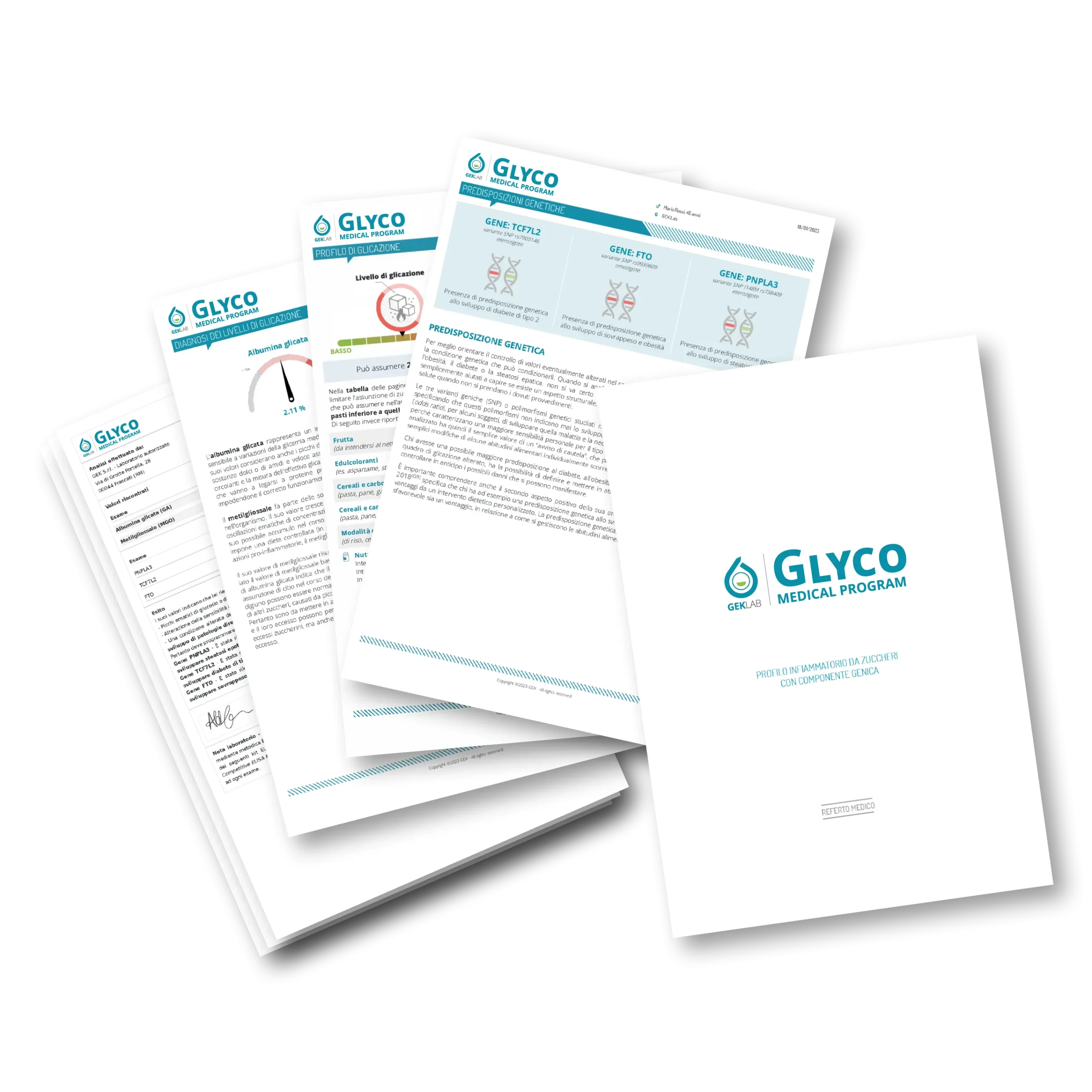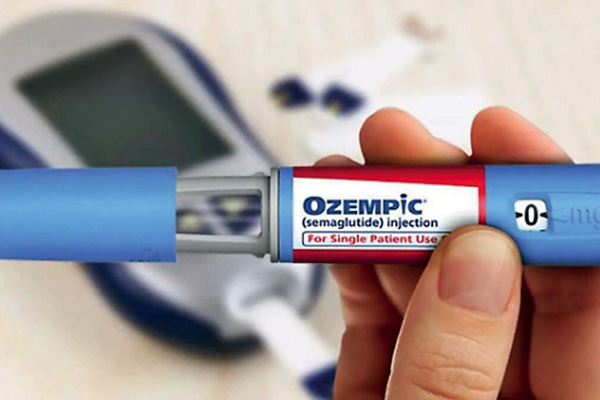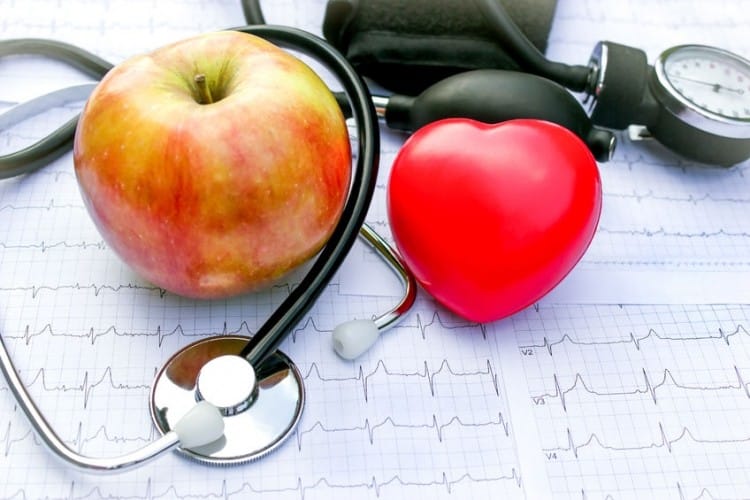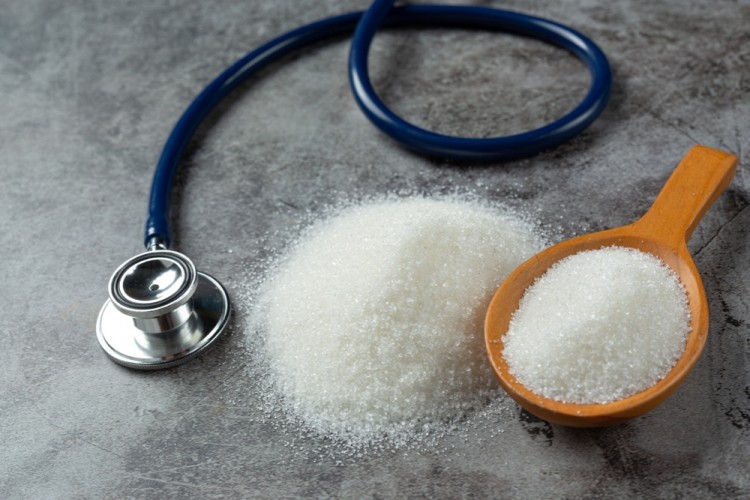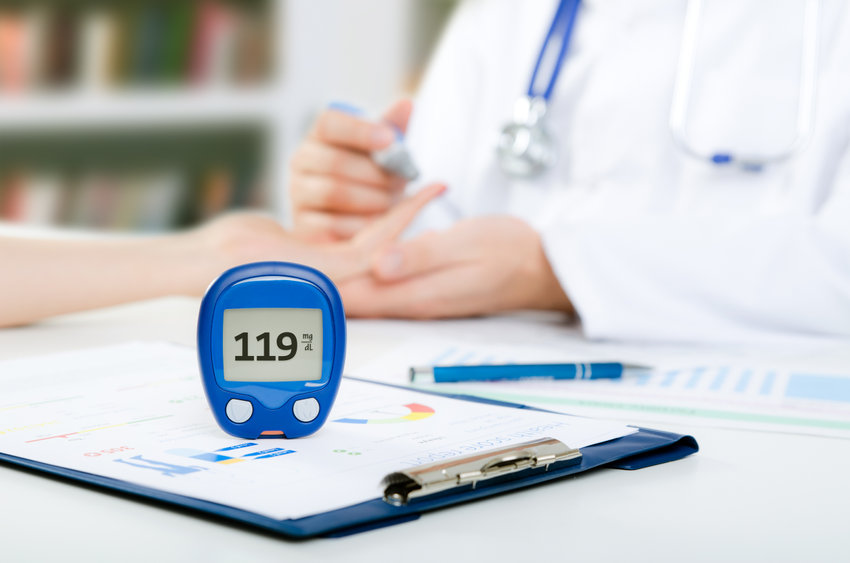
Nearly 4 million Italians are affected by type 2 diabetes (T2DM), and according to estimates from the Italian Society of Diabetology, another one and a half million are unaware they have it.
Diabetes is a chronic and insidious disease because it initially shows no symptoms, yet it is characterized by high levels of glucose in the blood, a condition known as hyperglycemia.
This condition can remain silent for a long time before suddenly worsening and leading to frequent cardiovascular, kidney, neurological, and eye complications.
The constant excess of sugar in the blood causes real tissue damage, also promoting the accumulation of free radicals and accelerating aging.
This is why raising awareness and focusing on prevention is essential.
The presence of a specific variant in the TCF7L2 gene is associated with the development of type 2 diabetes.
In the past, one could only guess at a genetic predisposition to certain conditions based on family stories. Today, it is possible to concretely measure whether a genetic predisposition has been inherited through a laboratory test.
Among the many genes consistently associated with T2DM, one of the strongest associations is linked to the presence or absence of a variant in the TCF7L2 gene. The mechanisms by which this gene can influence the pathogenesis of diabetes are also well understood.
The presence of a specific variant in the TCF7L2 gene is associated with the development of type 2 diabetes. It indicates an increased risk of developing the disease—approximately twice as high compared to individuals who do not carry this specific variant.
Fortunately, the information contained within DNA is, in most cases, not “immutable” and does not “predetermine” a person’s fate. Multiple environmental factors can influence and even mitigate genetic predispositions, including those that are considered “unfavorable.”
Knowing that you have inherited an unfavorable genetic predisposition could, in itself, be the motivation to change attitude or lifestyle. One should, therefore, try to gain an advantage from knowledge or events that, if given a choice, we would have preferred to avoid.
The PerMè Medical Program, the Glyco Medical Program, and the screenings allow for the analysis of potential genetic predisposition to the development of type 2 diabetes.
Edited by The scientific editorial Team GEK Lab


